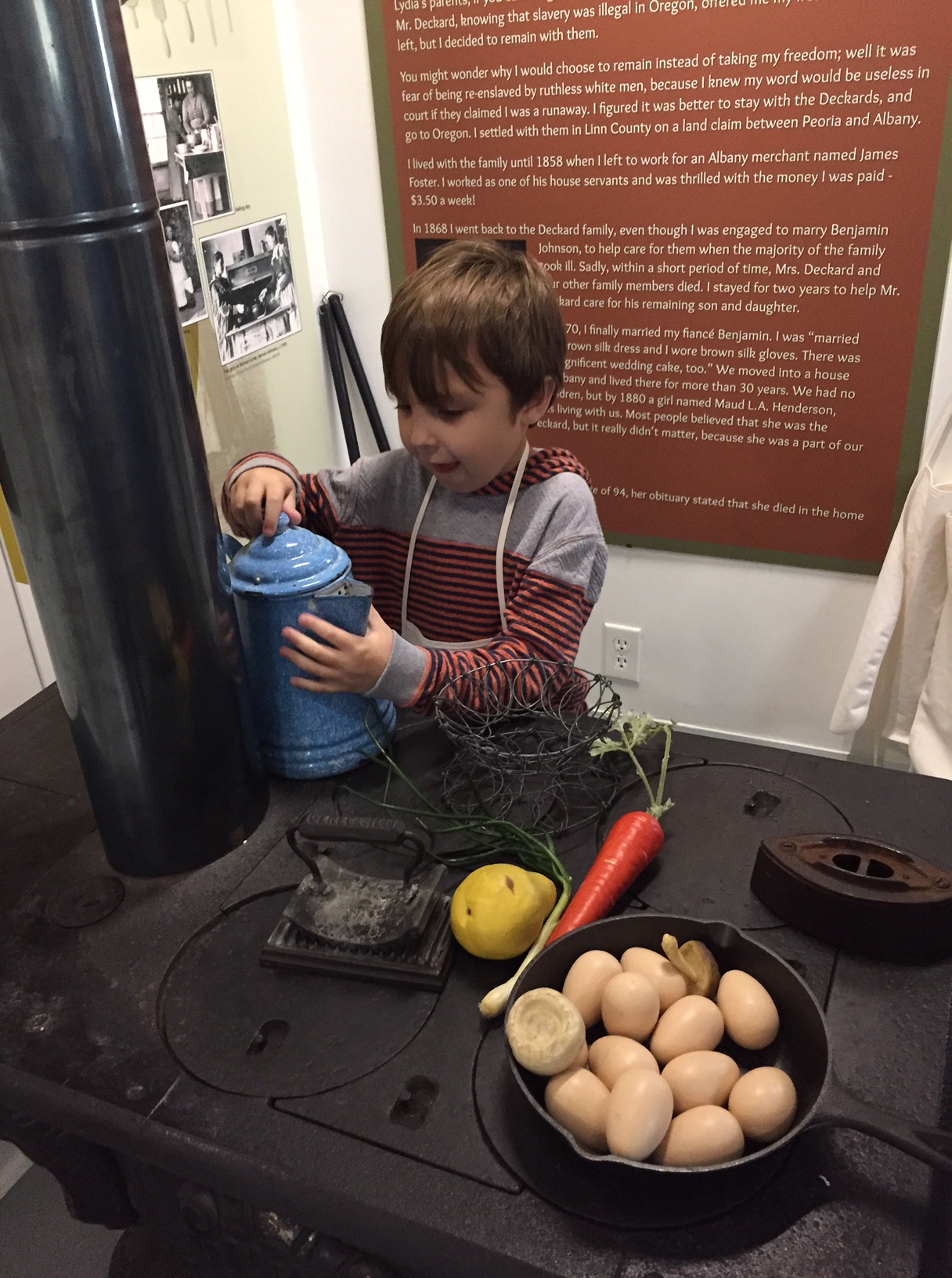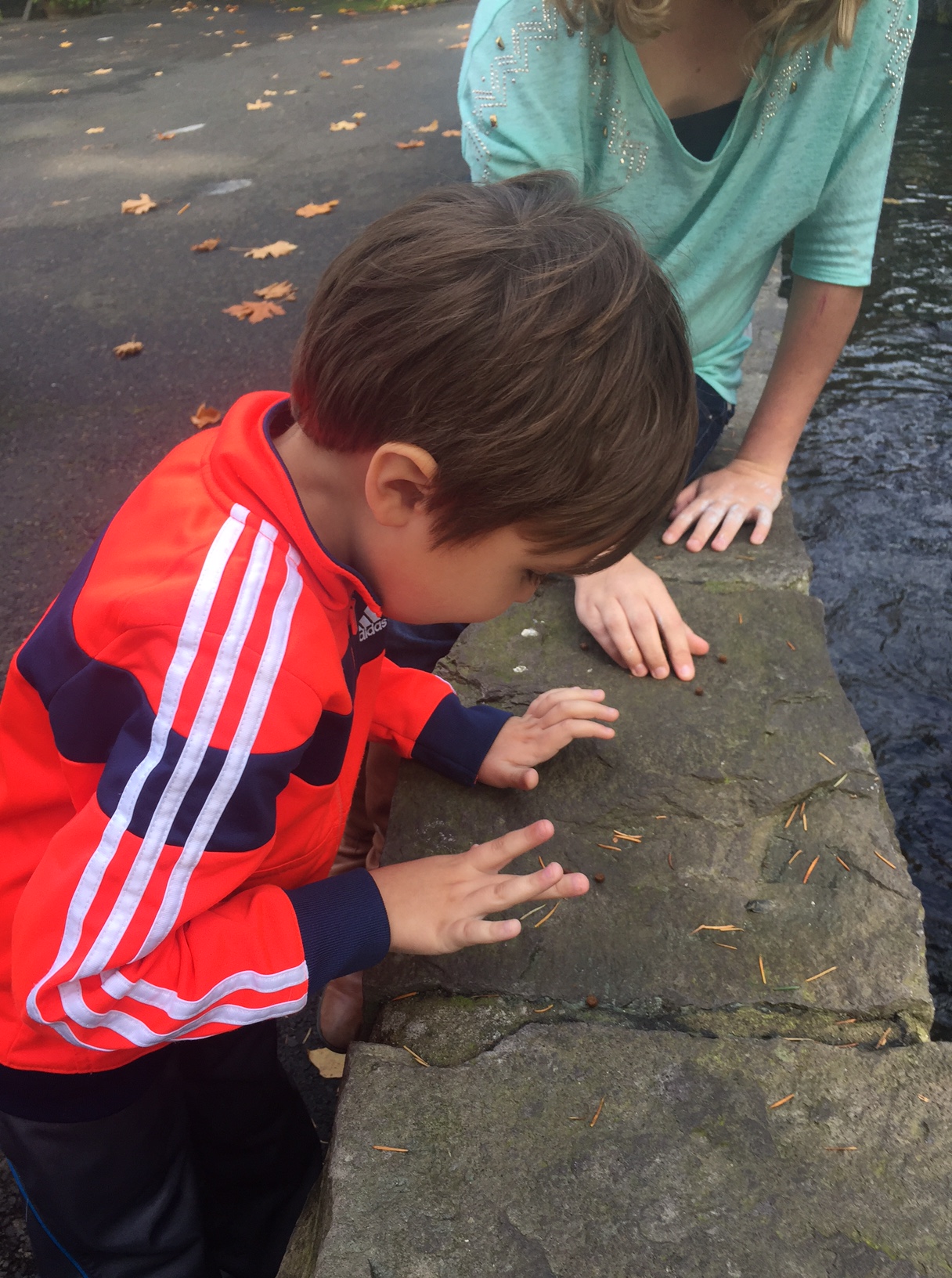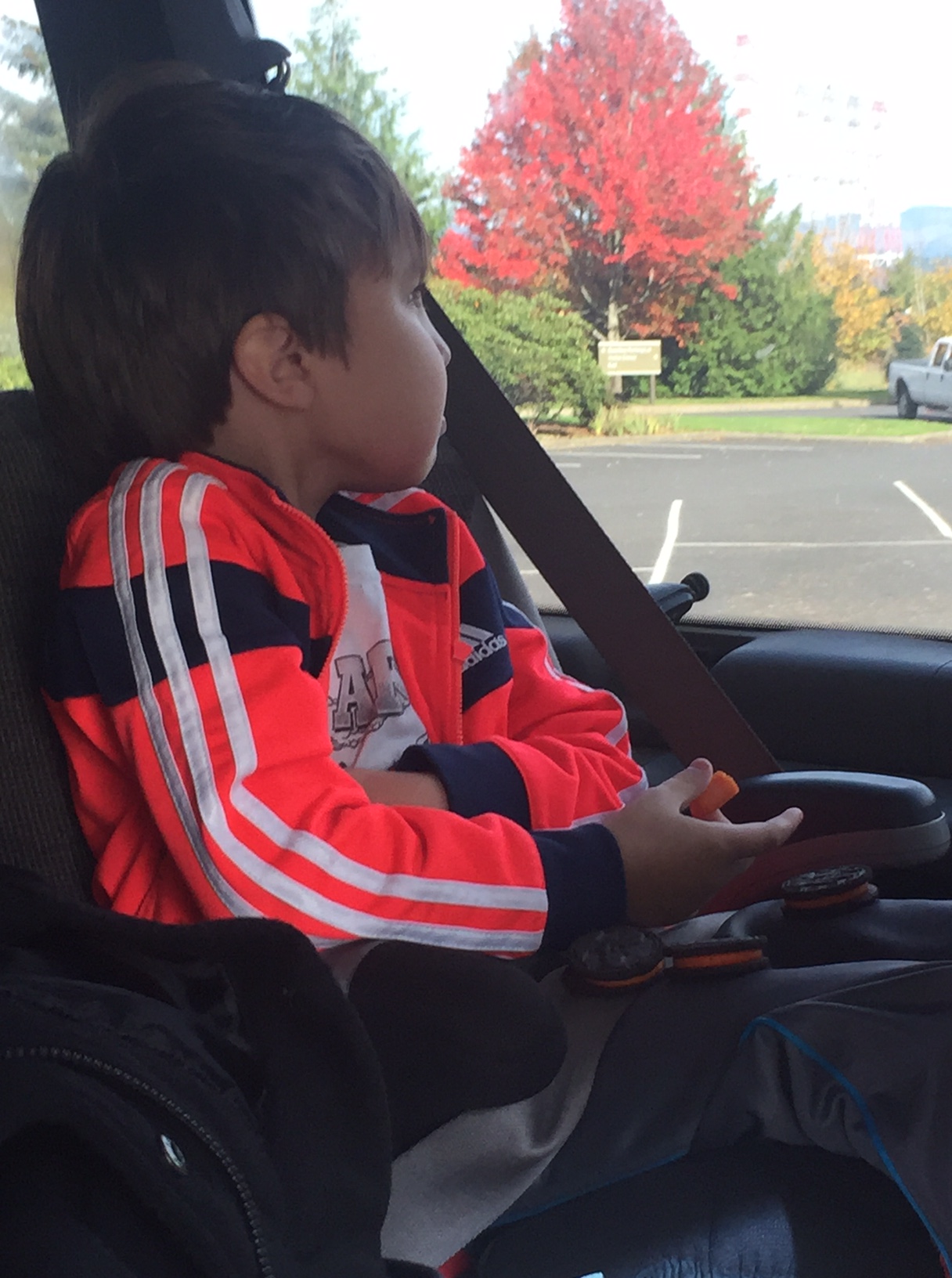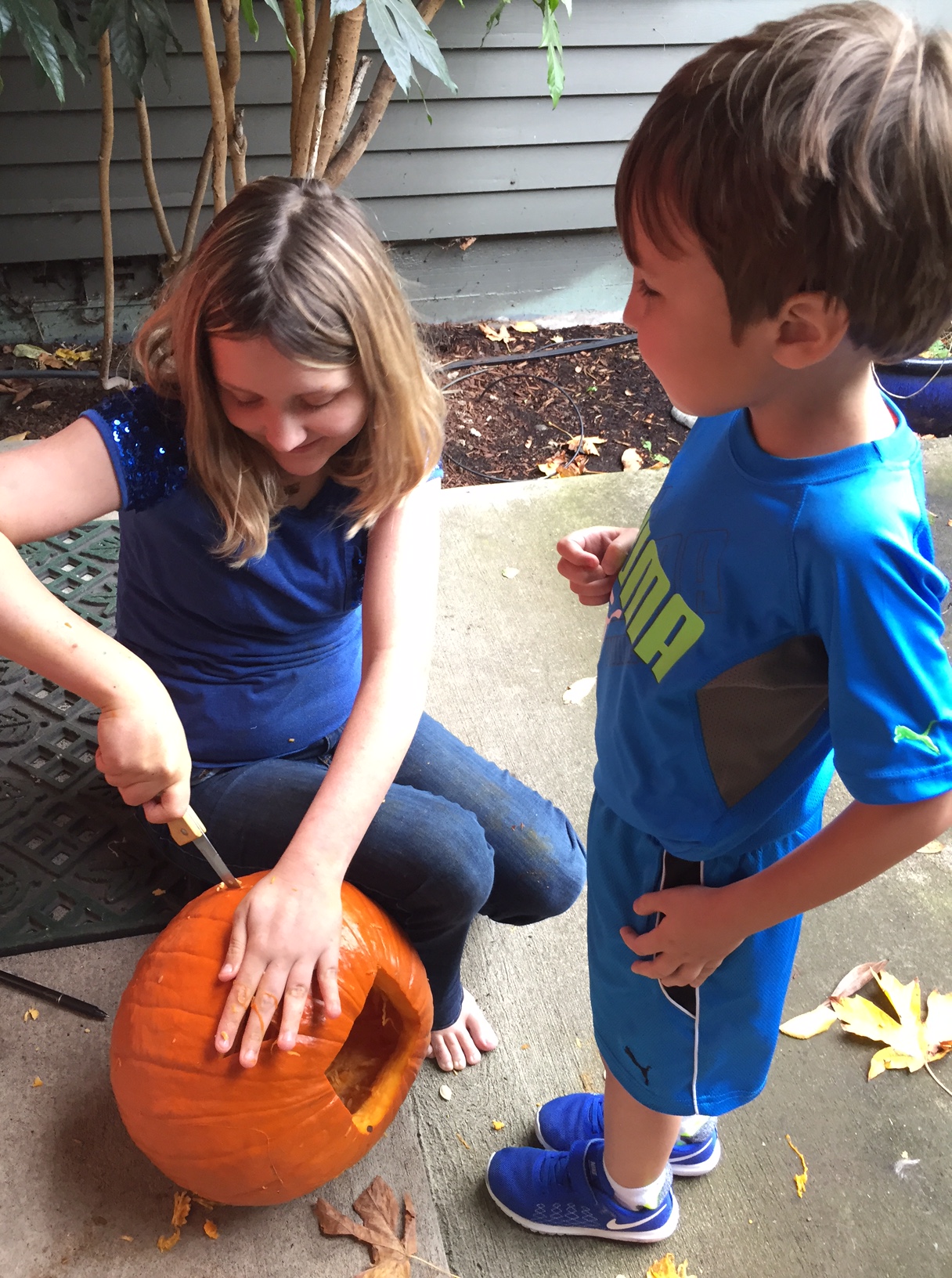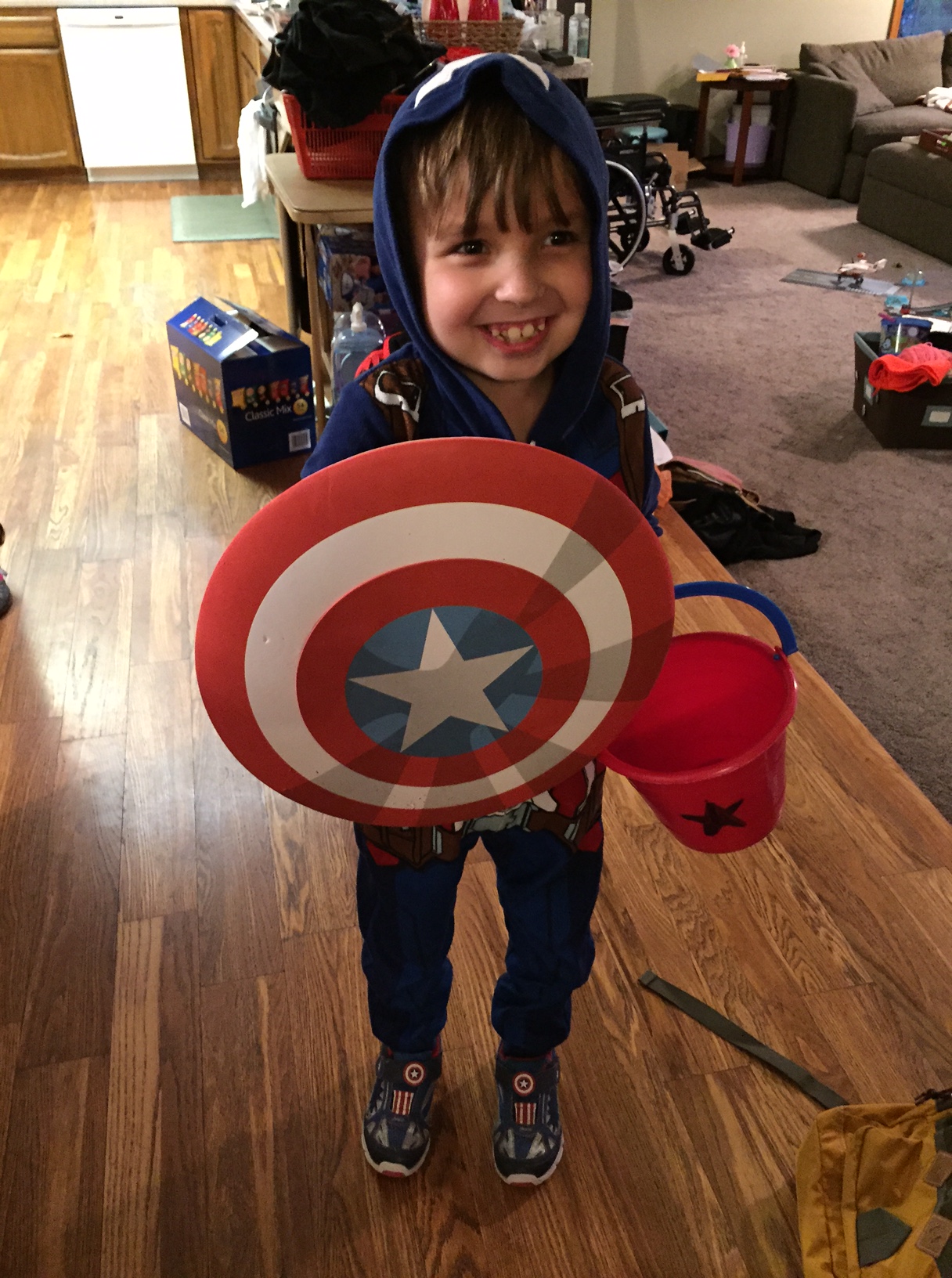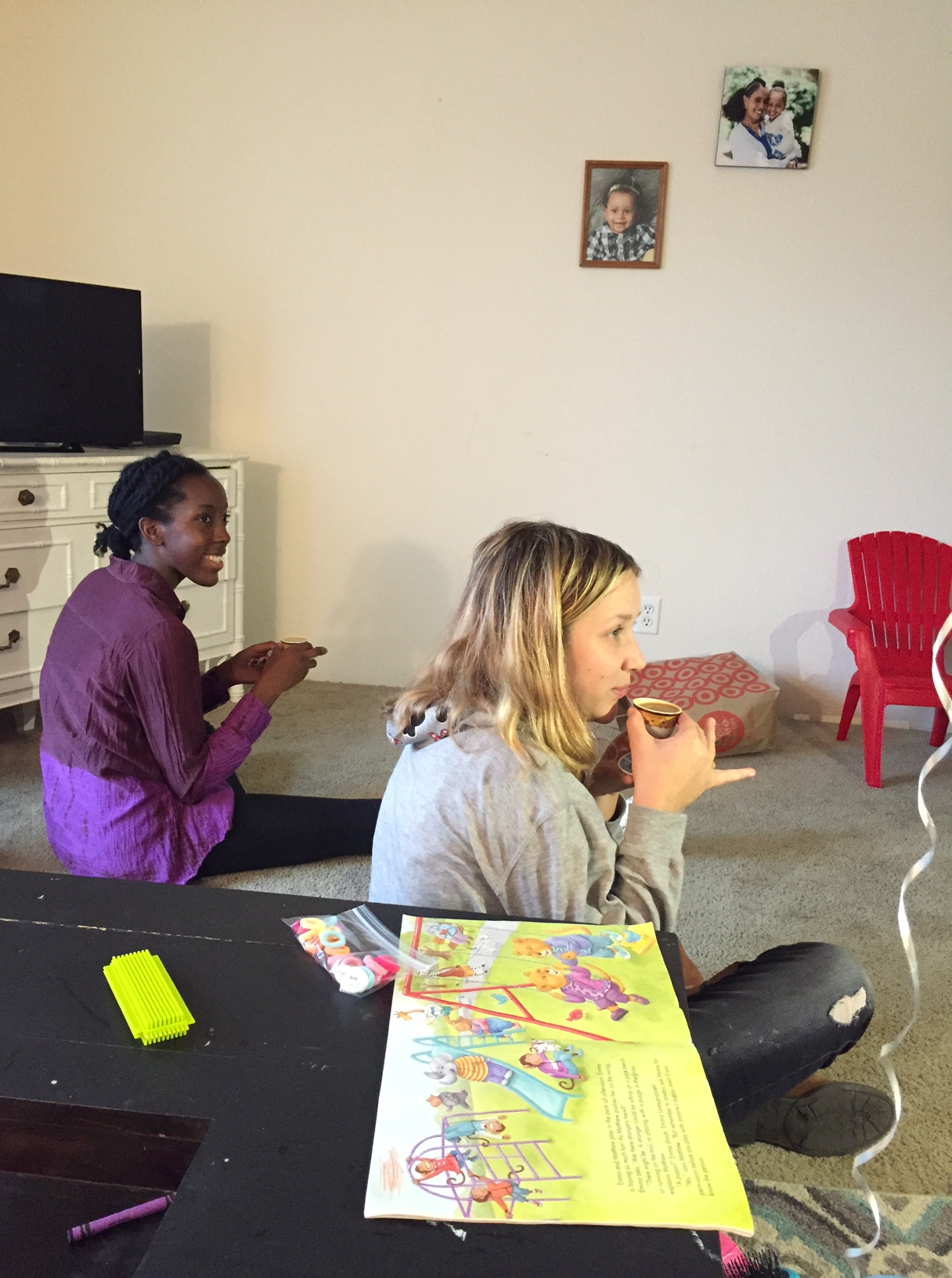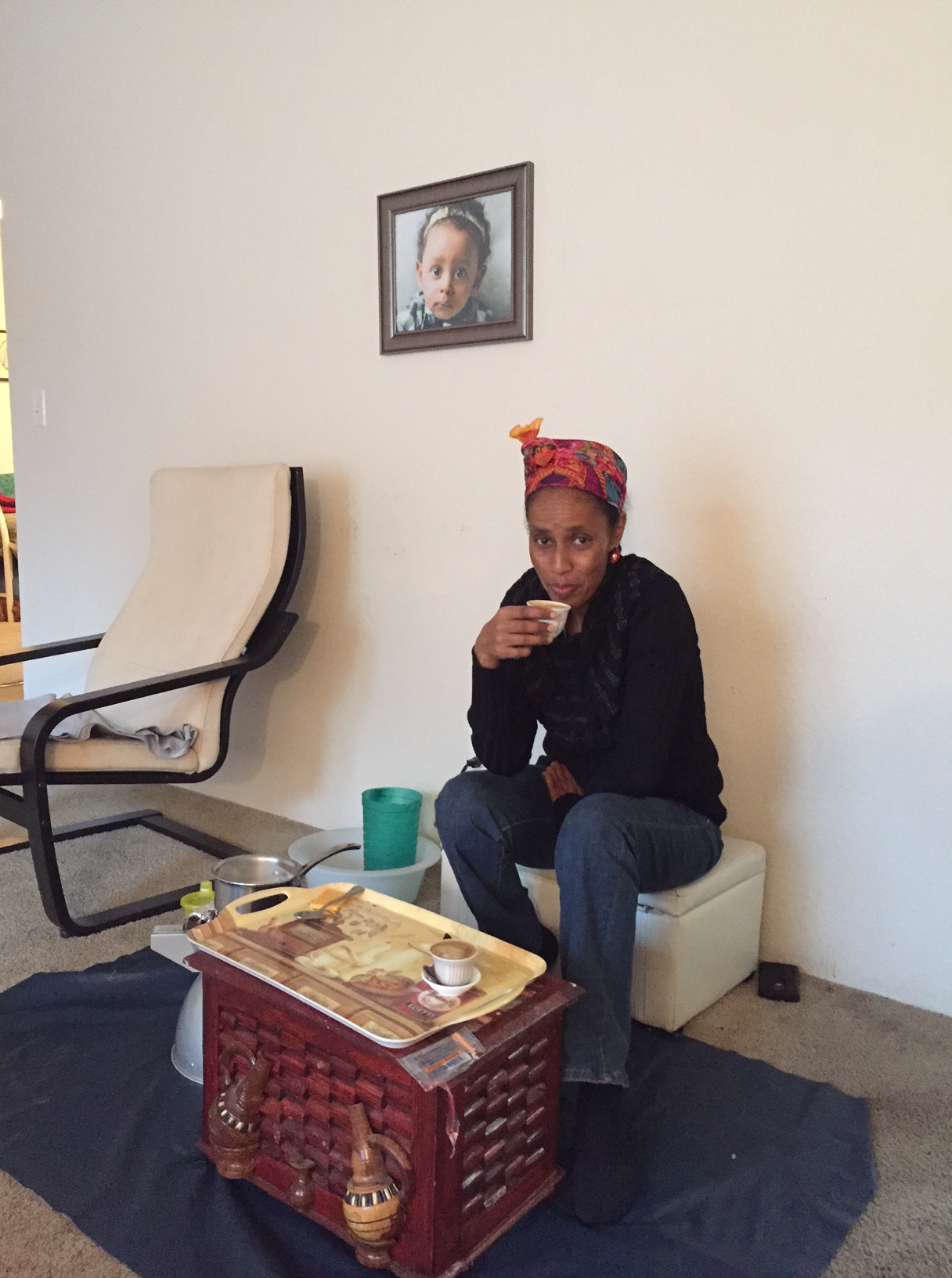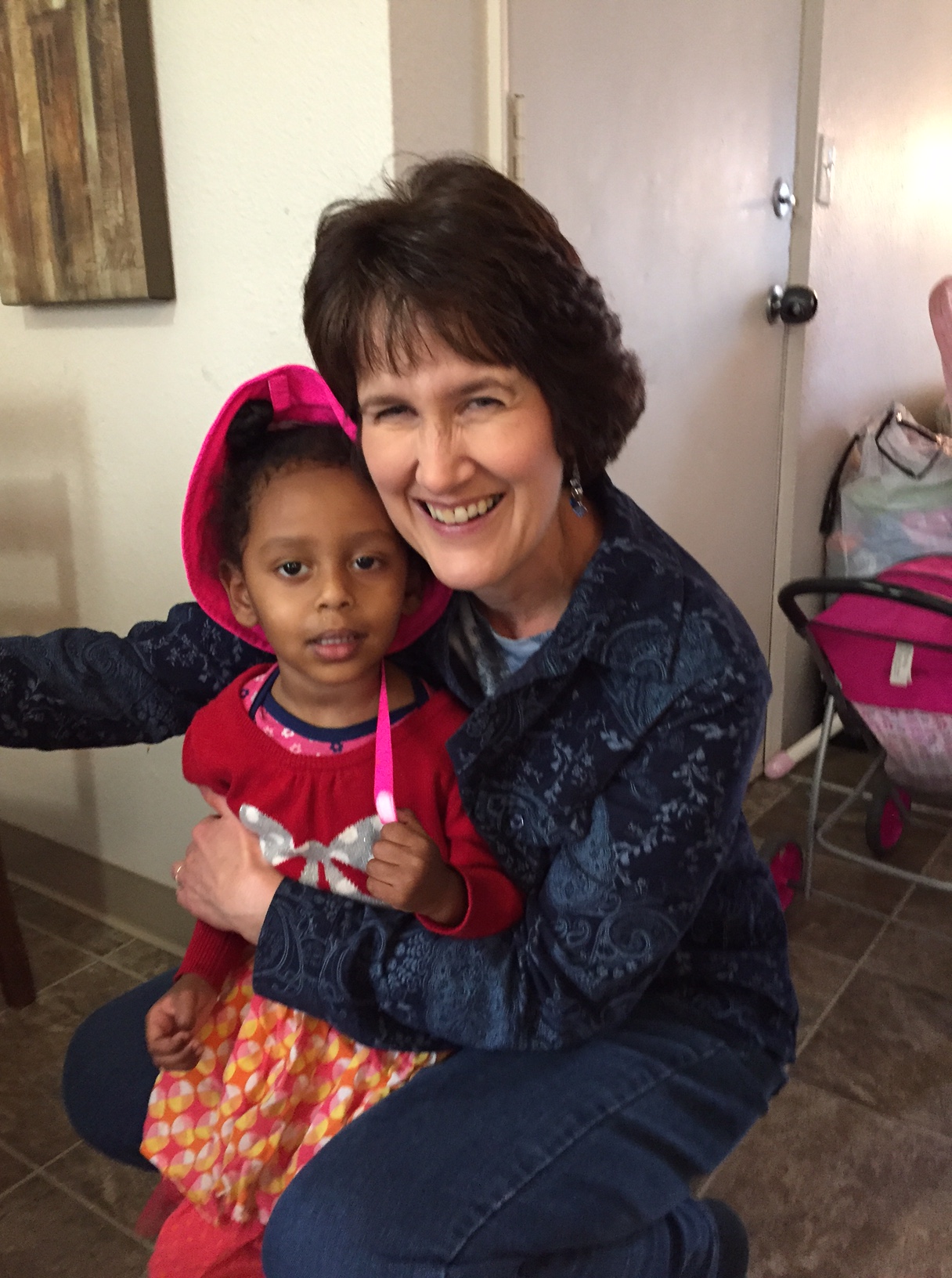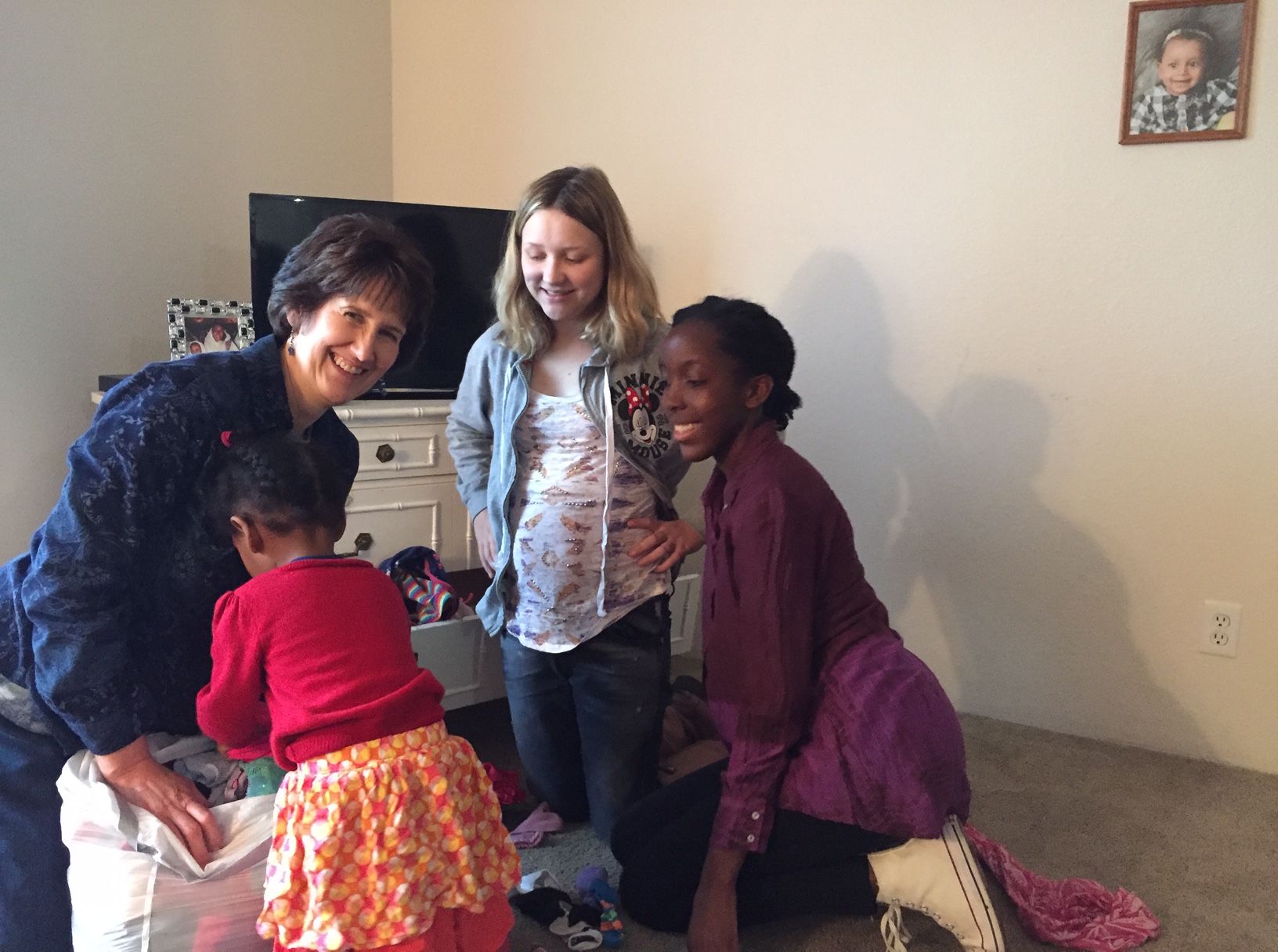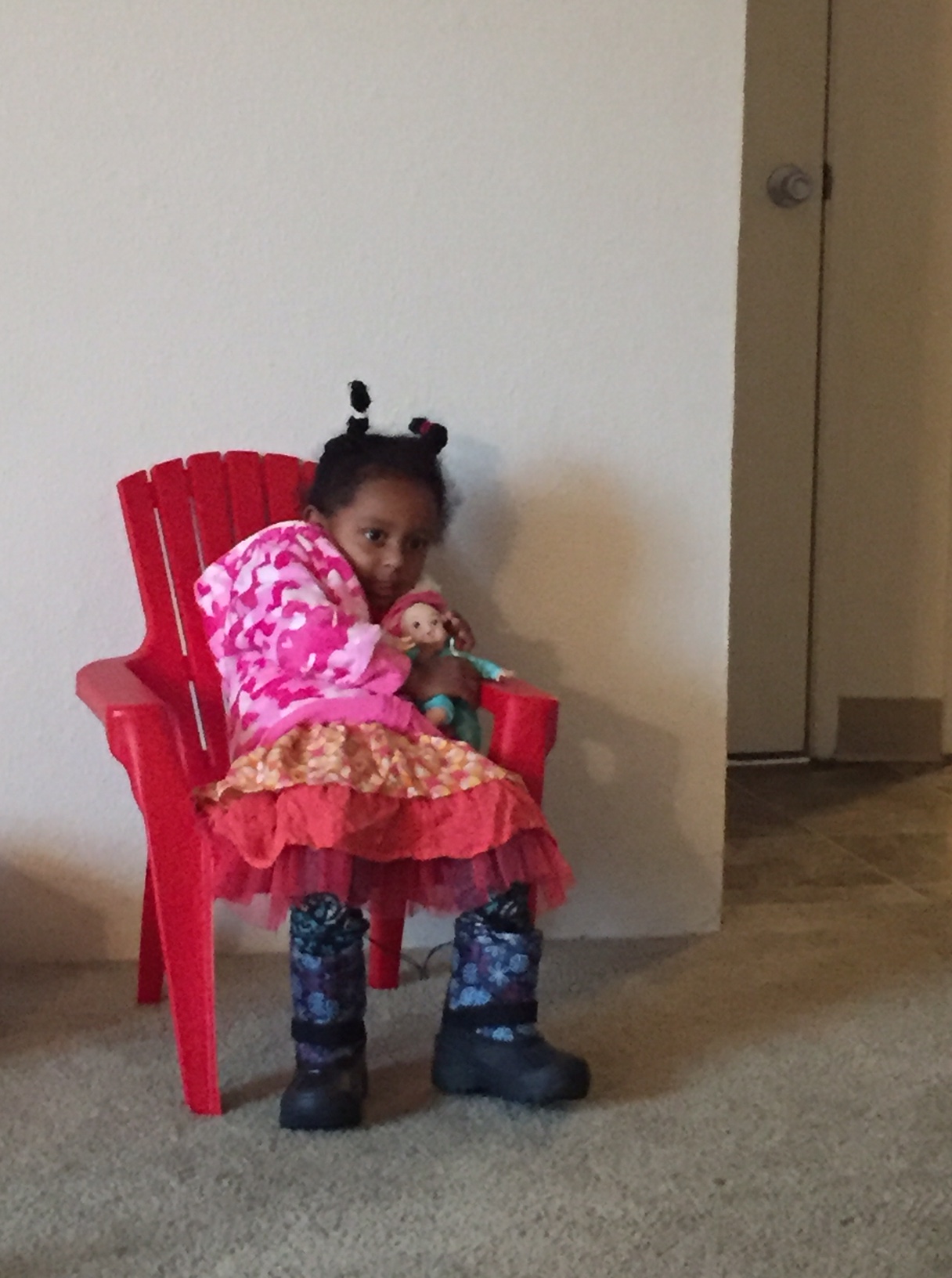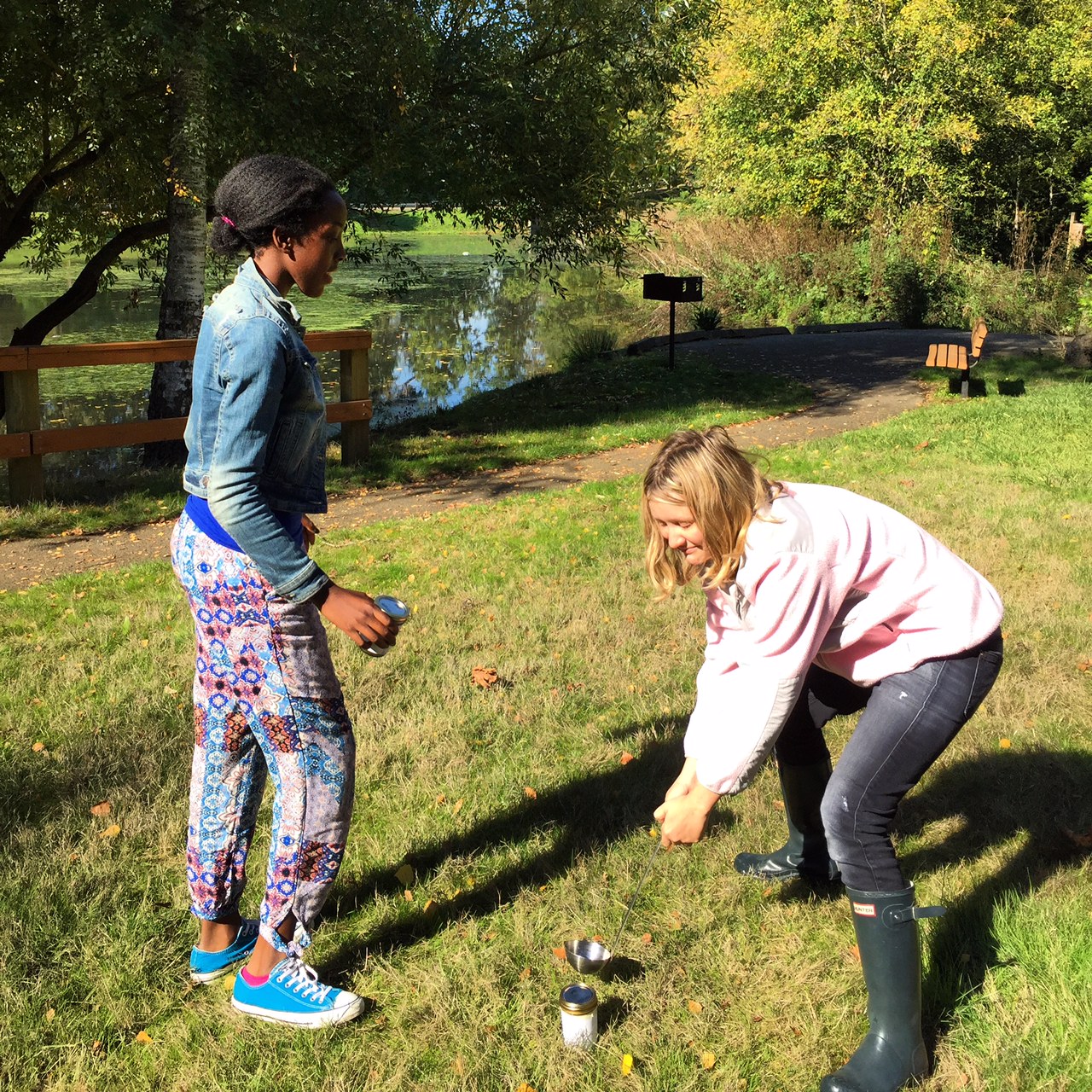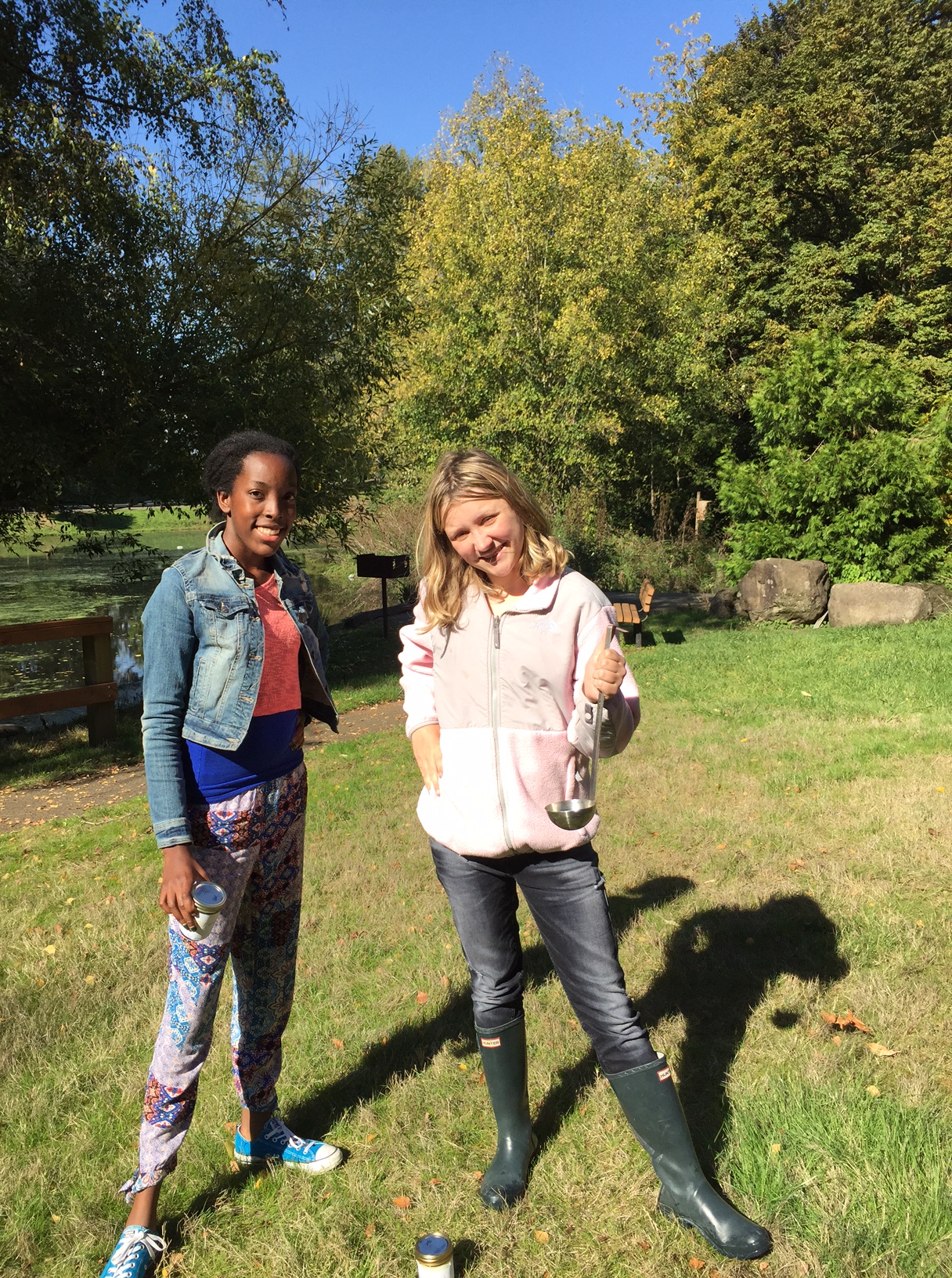
We homeschool Ja’Ana. She is in 10th grade. There are a lot of things that are easy for her, like cooking, sewing, music, and dance. There are some things that are hard, like math. The sad thing is that math is hard for me, too. So, what’s a mom to do? Especially when the time has come for Algebra?
Because all of the home-making areas, and music, and language arts are my strong points, we can sometimes get into trouble when it comes to math, when you add up my weakness with her extreme reluctance, due to how difficult it is for her. I’ve taken some steps to make the process less painful for us both.
First, I bought a math curriculum that has cd’s with explanations for every single problem–Teaching Text Algebra. I am aware that it is less difficult than Saxon, for instance, but it is just right for us. In the past, I went through other Algebra curriculums with other children, and had to start from page one and do the entire book to be able to help them do the problems when we got farther into it. I was hoping to not have to do that this time, and so far, so good. This is especially important because no one has reached the Algebra level for quite a few years, so I am super rusty on the concepts.
I have actually used this brand of curriculum for a few years with her, and love the fact that the Algebra is now self-correcting. So, if she punches an answer into the computer, it tells her if it is right or wrong. Then, it will show how to do it, if necessary. I use that feature at times. I also am willing to look back at the explanations in the book, and carefully study the examples, and use them to figure out how to do the problems. I have a brother-in-law who is a math professor, and have asked him if I get really stuck on something. The fact is–you can’t teach something with any kind of confidence if you don’t understand it yourself. So, the first step is to make sure I understand the problem.
The most successful method I use with her is to sit side-by-side with her, with each of us having our own pad of paper. I have her read over the first problem and see if she knows the answer. They are usually true or false. Sometimes the wording is tricky and we need to discuss what it means. After she is confident on what it means, it is usually easy for her to decide if it is true or false. I would love it if she would listen to the explanation on the cd., or even read the explanations in the lessons, but she is usually in a big hurry and doesn’t really do that very often on her own. When I am sitting there, I make sure she has done that. I often need to re-word things into a way that she can understand more clearly.
Then, we both work each and every problem. When we are done, we see if we agree on the answer. If we do, she punches it into the computer. Hopefully, we are right. If not, we re-do it, using more of the examples in the book, or the explanation given. One of the problems we have is that she was having so much trouble getting the right answer when she was doing it on her own, that she seemed actually afraid of punching the answer into the computer, for fear of getting it wrong. I’m trying to get her to see that learning how to do the problems is what matters, not the final score. I’m also working with her on the fact that everyone makes mistakes, including me, and that’s ok.
On the story problems, I draw pictures to try to illustrate them. That seems to help most of the time. When it doesn’t, and all else fails, there is the explanation on the cd–our lifesaver.
After a chapter is done, I give her a test, with no help from me, except making sure she understands the questions. If she cannot do the problems, we re-do the chapter, with me correcting it with the answer key because the computer grade book is already full. I don’t care if we have to do it 3 times, I want understanding more than speedy completion of a book. After all, the reward for finishing a book is a harder book, and if you don’t understand the easier book, you have no hope of doing the harder one. I also don’t care if one book takes 2 years. With my children, my goal is slow, steady progress, coupled with understanding.
When she works hard, I heap her with praise, letting her know how proud I am of her. When she get a problems right, and I don’t, I point that out and praise her. She clearly can see for herself when she’s wrong, so I matter-of-factly say “let’s try again, boy that one is hard” etc. I try to remember that doing a school subject that is very difficult for her, or any child, is the same as asking me to do something very hard and foreign to me, such as re-build a car engine. I’m just glad she is attempting Algebra, even though it’s hard. This method is working for now, and we both feel less like screaming with frustration:) Even better, she is understanding things she was not sure she could accomplish, and that’s got to feel good to her.
Like this:
Like Loading...


 had been moved to this sight, but the mill was always there. We were amazed to see that the machinery still worked (at least some of it) and they ran some of it while we were in there. In other places, buttons could be pushed to start machinery, which was a hit with Jake especially.
had been moved to this sight, but the mill was always there. We were amazed to see that the machinery still worked (at least some of it) and they ran some of it while we were in there. In other places, buttons could be pushed to start machinery, which was a hit with Jake especially.
